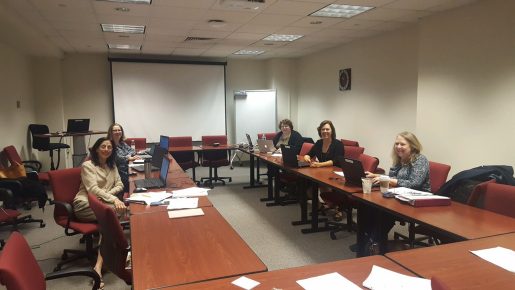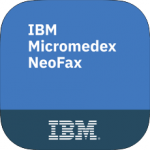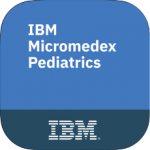When the foundational MEDLINE list of core clinical journals was introduced in 1970, it served as a practical subset of essential, clinically-oriented journals for searchers and librarians. Since then, it has never been comprehensively updated. Two HSLS librarians, Michele Klein-Fedyshin, MSLS, and Andrea Ketchum, MLS, (emeritus), evaluated these journals for their clinical utility in a 2014 study and found it suboptimal. This data-driven study resulted in a Medical Library Association (MLA) committee tasked with revising the Core Clinical Journals (CCJ) filter with Michele and Andrea as co-chairs. With PubMed now containing over 30 million citations for biomedical literature, the need for a clinically-oriented subset has never been greater.
Having no records describing how the initial list originated, Michele and Andrea examined which subjects to cover as the first step. The committee collected data about actual clinical journal use in hospital and health system libraries. Then, using publicly available patient discharge data, they looked at the diagnoses prompting the most hospital admissions and other patient data driving healthcare demand. These two factors, journal usage and patient-driven counts, determined the subjects for the new Core Clinical Journals list. A graduate statistics student at the University of Pittsburgh calculated distributions and a parallel analysis. Thirty-three new subjects were added including anti-infective agents, mental health topics, nephrology, substance-related disorders, and women’s health.




